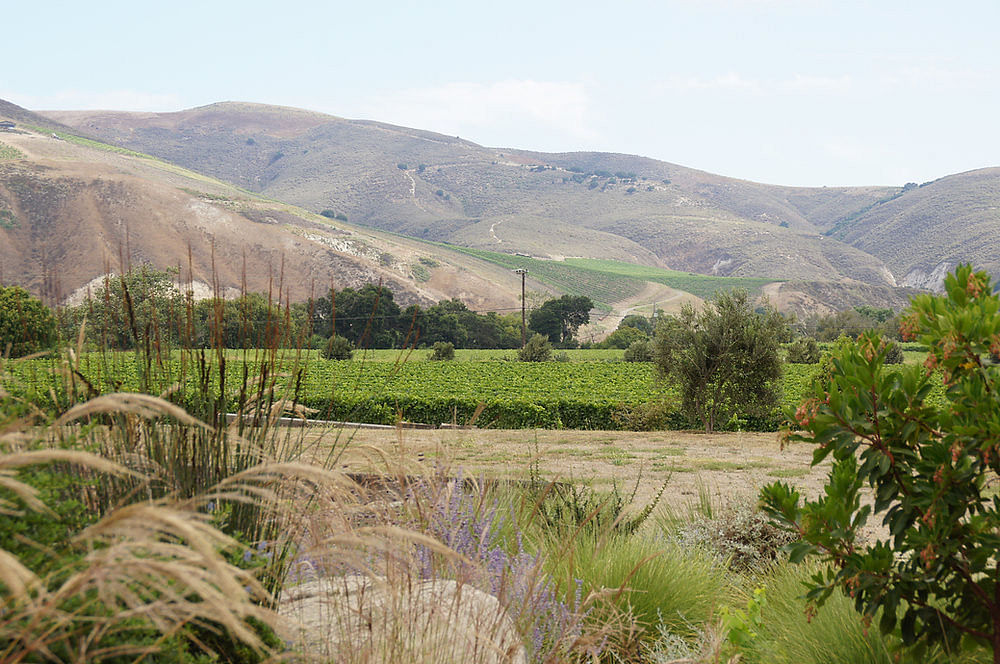Jul 30th, 2020
No More Stormwater Permit Obligations

By: Jennifer F. Novak
Central Coast, California
Sometimes, things don't sit right with us.
Our client, a winery, came to us with a 60-day Notice of Intent to Sue letter it had received from an environmental group. The group claimed that the winery was discharging materials from its production process into a river. We were hired to evaluate the claims and to defend the business.
Naturally, there are plenty of businesses who deny discharging industrial stormwater when they actually do. Not all business owners are fully aware of their operations. And some may even turn a willful blind eye. So when we evaluate a client's claims, we're mindful of what evidence may exist to show whether our client may have legal exposure. But in this case, we couldn't find any. More importantly, once we were on the property, it was clear that run-off would not be leaving the site; the entire area was shaped like a bowl and tilting away from the river. There would have to be a flood of biblical proportions to create enough water to overcome the natural barriers and become run-off.
This left us with the question: why do you even have an industrial stormwater permit in the first place? As it turns out, the winery used to have its production in another location, where it applied for, and was subject to, the IGP (shorthand for general industrial stormwater permit). When it moved production to its current location, it assumed it still needed the permit, so it applied, and it had been complying with permit obligations ever since. If you have one of these permits, you know the drill. Compliance means you're creating and updating a Stormwater Pollution Prevention Plan (SWPPP), you're monitoring your site during dry and wet weather, you're reporting to the Water Boards, you have record-keeping obligations, and more. All of these are potential traps for a business and we've seen businesses fall short even when they have consultants or think they know what to do.
But here, it didn't seem fair and it didn't seem to make good business sense to subject yourself to regulations that didn't apply.
With our client's permission, we worked with its consultants to evaluate the likelihood that the site could generate run-off. The winery submitted its evidence and calculations to the Water Board and applied for a Notice of Termination of its permit. Today, we received word that the application was GRANTED. This means that while the winery will still have some obligations under state law, it's free from the obligations imposed by its federal NPDES permit. Our client is able to not only concentrate more on its core business, making great wines, but can move ahead without the same level of worry that another environmental group or "concerned citizen" will attempt to sue the business for non-compliance with the permit.
A great victory.